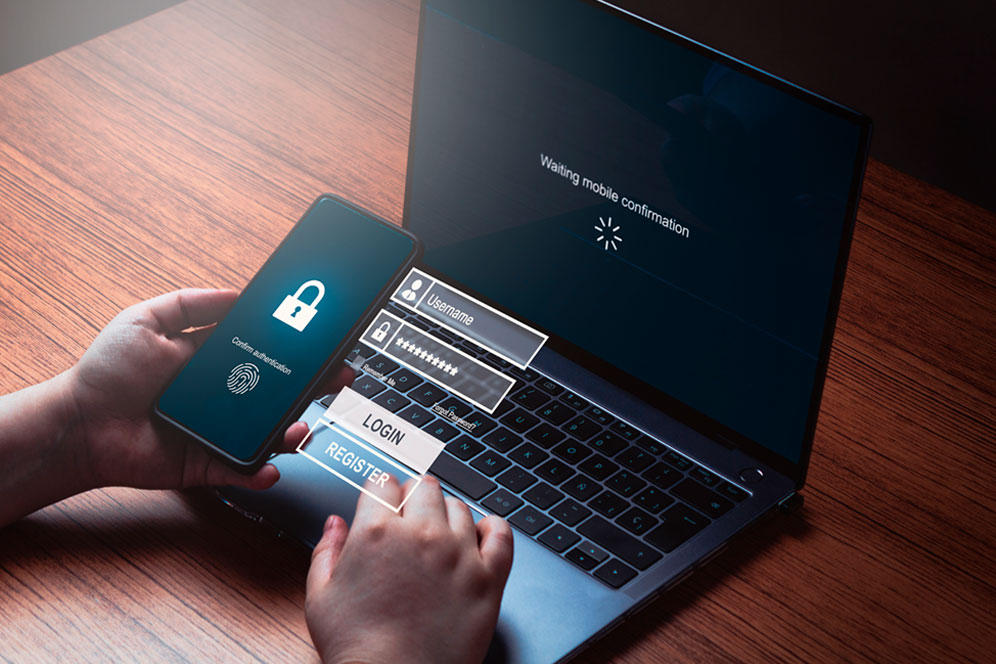As our lives become increasingly digitised, protecting our Online identity is more crucial than ever. From social media profiles to online banking, we constantly share personal information that cybercriminals could use to steal our identities. Here are some simple tips for protecting your online identity for enhanced cybersecurity.
- Use strong, unique passwords
Using a strong password is the first thing to defend against hackers. A strong password should include capital and lowercase letters, digits, and symbols if necessary. Also, it should be at least 12 characters in length. It’s also important to avoid using the same password for multiple accounts. Changing your passwords every three months can also help protect you against hackers who may have obtained your login information.
- Enable two-factor authentication
Two-factor authentication adds an extra layer of security to your online accounts by requiring a second verification form, such as a fingerprint scan or a code sent to your phone. Many websites and apps now offer two-factor authentication, and it’s worth setting it up on your most important accounts.
- Be cautious of phishing scams
Phishing scams are a common tactic used by cybercriminals to steal personal information. These scams often involve emails or messages that appear to be from a legitimate source, such as a bank or a social media site, asking you to provide sensitive information like your login details or credit card numbers. Always double-check the sender’s email address and be cautious of any requests for personal information.
- Keep your software up to date
Keeping your software, computer, and mobile device with the latest updates and patches is essential to protecting your online identity. These updates often contain security patches that address known vulnerabilities, so installing them as soon as they become available is crucial.
- Use a Virtual Private Network (VPN)
A Virtual Private Network (VPN) can help protect your online privacy by encrypting your internet connection and hiding your IP address. This can be especially useful when using public Wi-Fi networks, which are often not secure and can be easily intercepted by cybercriminals.
- Monitor your accounts regularly
Regular monitoring of your online accounts can help you spot any unusual activity and alert you to potential security breaches. This includes checking your bank statements, credit reports, and social media profiles for unauthorised activity.
Protecting your online identity requires vigilance and effort. By following these simple tips, you can help keep your personal information safe from cybercriminals. Remember, prevention is always better than cure when protecting your online identity.

